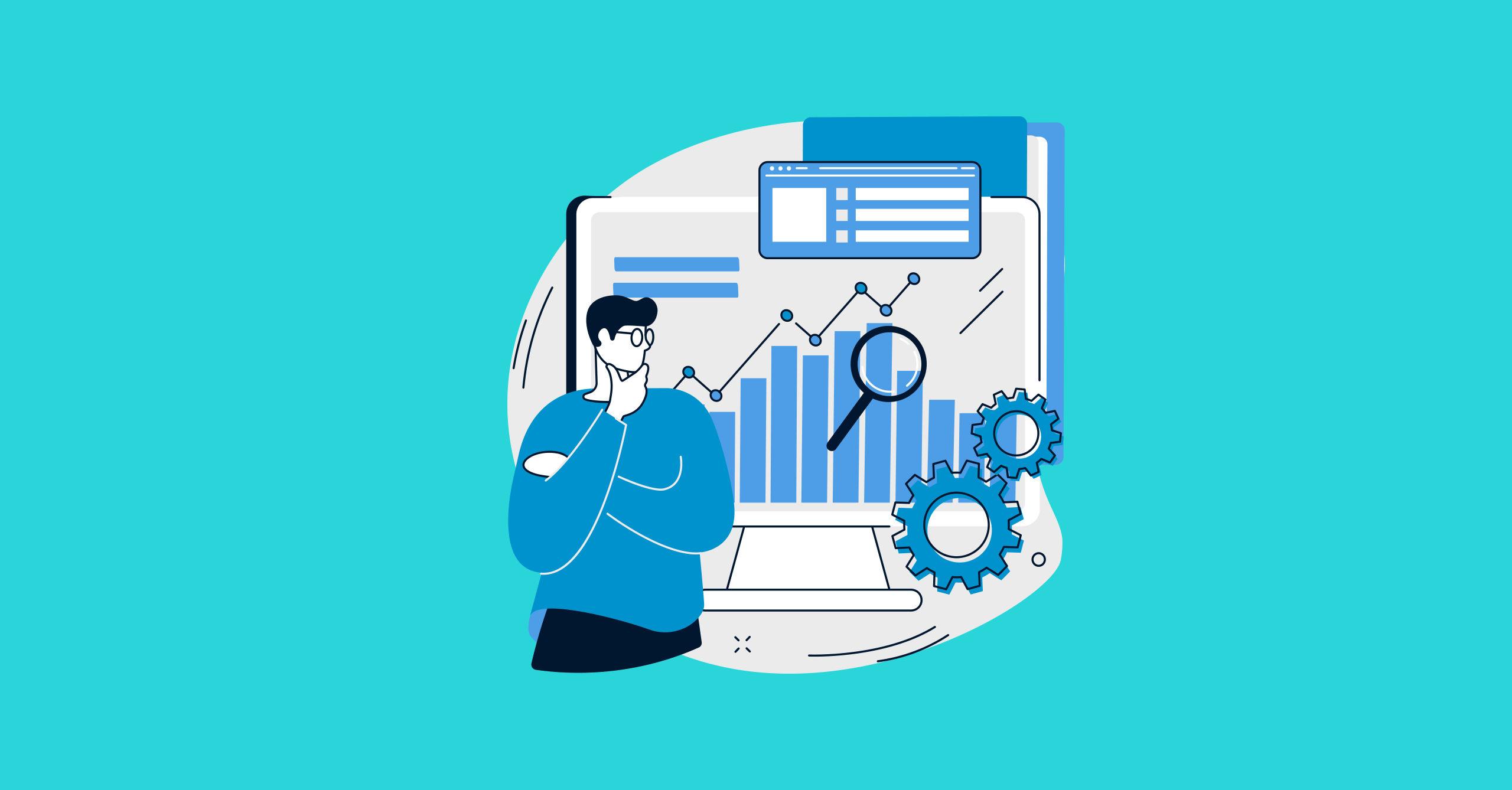
Modern businesses collect massive amounts of data every day from ERP systems, e-commerce platforms, supply chains, and many other sources. However, simply accumulating this data is not enough; it must be interpreted and transformed into sound decisions. Business intelligence enables organizations to optimize their business processes and make more informed decisions by utilizing data collection, data analysis, and data analytics processes.
Today, BI solutions supported by artificial intelligence and machine learning not only transform data into meaningful reports, but also improve customer experience and operational performance by providing future predictions. As a result, a business’s competitive advantage and sustainable growth progress in parallel with having a strong business intelligence strategy.

What Are Business Intelligence Tools?
A business intelligence (BI) solution does more than just collect data; it has a suite of powerful tools to transform data into meaningful insights and share them. Here are the core components of modern BI tools and examples of their use:
1. BI Reporting: Presents data in understandable tables, charts, and visuals. For example, a marketing team can create a report showing e-mail campaign open rates and click counts. Reports can be customized using drag-and-drop or filtering, allowing users to see only the metrics they are interested in.
2. Dashboards: KPIs and metrics are visualized in near real time. For example, a production manager can instantly see stoppages and breakdowns on the production line on a panel, enabling them to take swift action.
3. Data Visualization: Visualizes complex data using pie charts, maps, and trend charts. For example, a logistics team can see delays in the supply chain on a map and quickly identify problem areas.
4. Data Preparation: This involves cleaning, categorizing and preparing data from different sources for analysis. For example, customer data is pulled from both the e-commerce system and the CRM and combined into a single table and missing or incorrect data is corrected.
5. Enhanced Analytics: Automatically analyzes data using machine learning and artificial intelligence, provides predictive insights and makes recommendations to users. For example, an AI-powered system can predict which products will see increased demand in the next quarter and optimize inventory management accordingly.
The data you obtain through business intelligence not only informs your decision-making process but also fuels your entire digital transformation strategy. With the Cheetah Low-Code Development Platform, you can digitize your business processes faster and at lower cost, instantly turning the insights from your BI solutions into action!
What Are the Benefits of Business Intelligence Solutions That Turn Your Data Into Meaningful Insights?
When used correctly, data is the most valuable strategic resource for companies. Business intelligence solutions enable companies to make fast, accurate and informed decisions through data collection, data analysis and AI-powered insights. Modern BI (business intelligence) tools minimize risks, evaluate opportunities and build a data-driven culture across the company. Here are the top 5 benefits of business intelligence:
Fact-Based Decisions
Business intelligence allows teams to access data based on facts, not just guesswork. For example, your sales team can quickly see which product is in higher demand in which region and optimize inventory planning accordingly.
Identifying Risks in Advance
Modern BI tools enable you to anticipate potential problems through data analysis and artificial intelligence. You can take action before a bottleneck occurs on the production line or customer complaints increase.
Quickly Evaluate Opportunities
Business Intelligence (BI) enables you to quickly identify new market trends or customer needs. For example, when a product becomes popular on your e-commerce site, you can instantly adjust your promotion and inventory strategies.
Efficiency and Operational Optimization
BI solutions facilitate cross-departmental data sharing and reduce manual reporting processes. This allows teams to focus on more strategic tasks and minimizes time loss. At the same time, the insights gained can be used to optimize and manage business processes using the BPM (Business Process Management) approach, further increasing operational efficiency and process performance.
“To enhance the power of business intelligence solutions, you also need to optimize your processes. In our article titled ‘Why is BPM important and how is it implemented?’, you can discover the technical benefits of modeling, monitoring, and automating business processes.”
Customer Experience and Increased Profitability
By analyzing customer behavior data, you can optimize your services and products. For example, seeing which customers respond more to which campaigns increases marketing ROI and boosts customer satisfaction.


